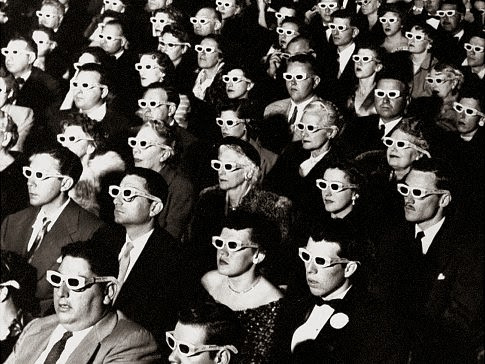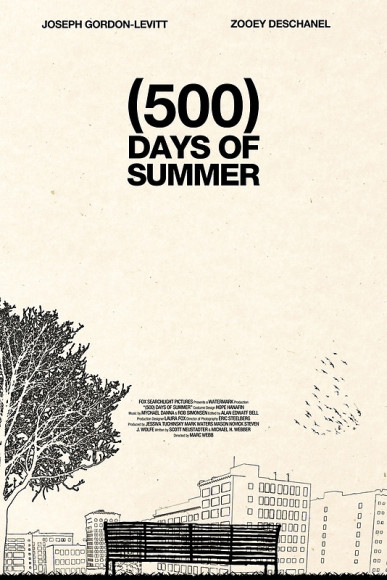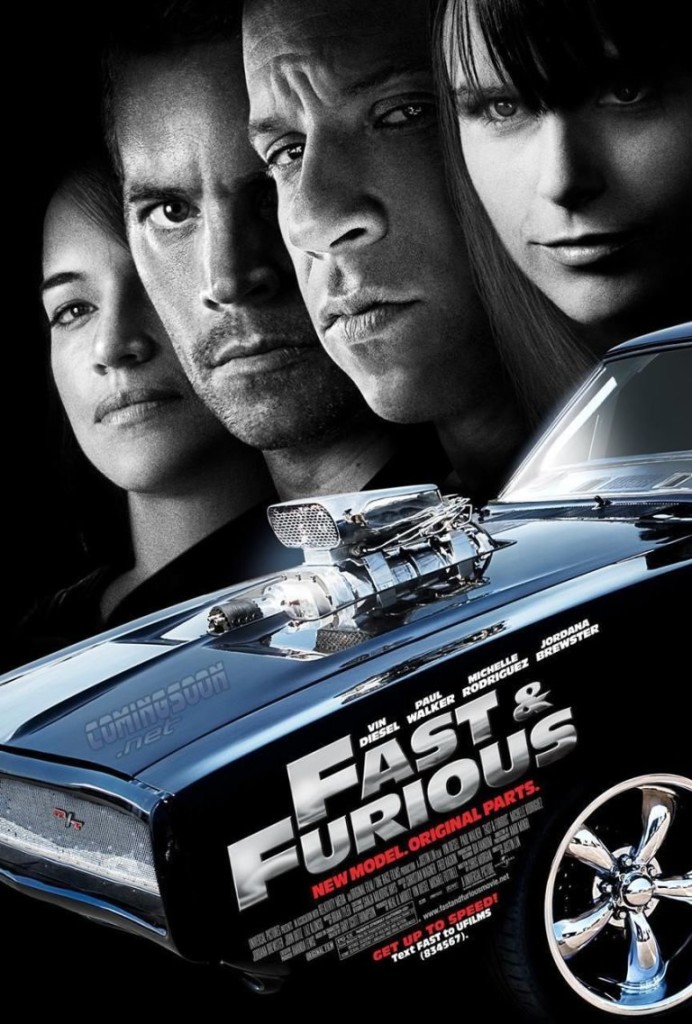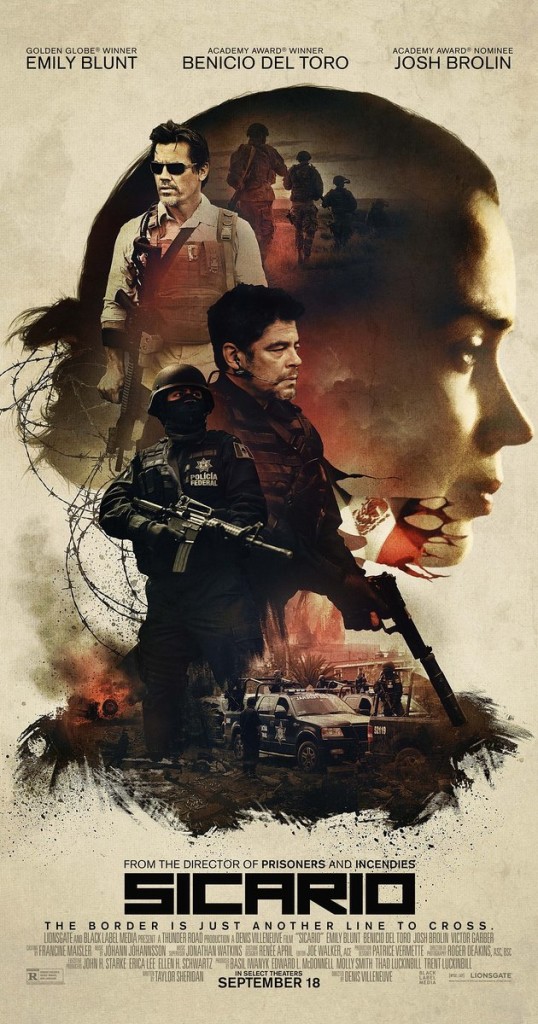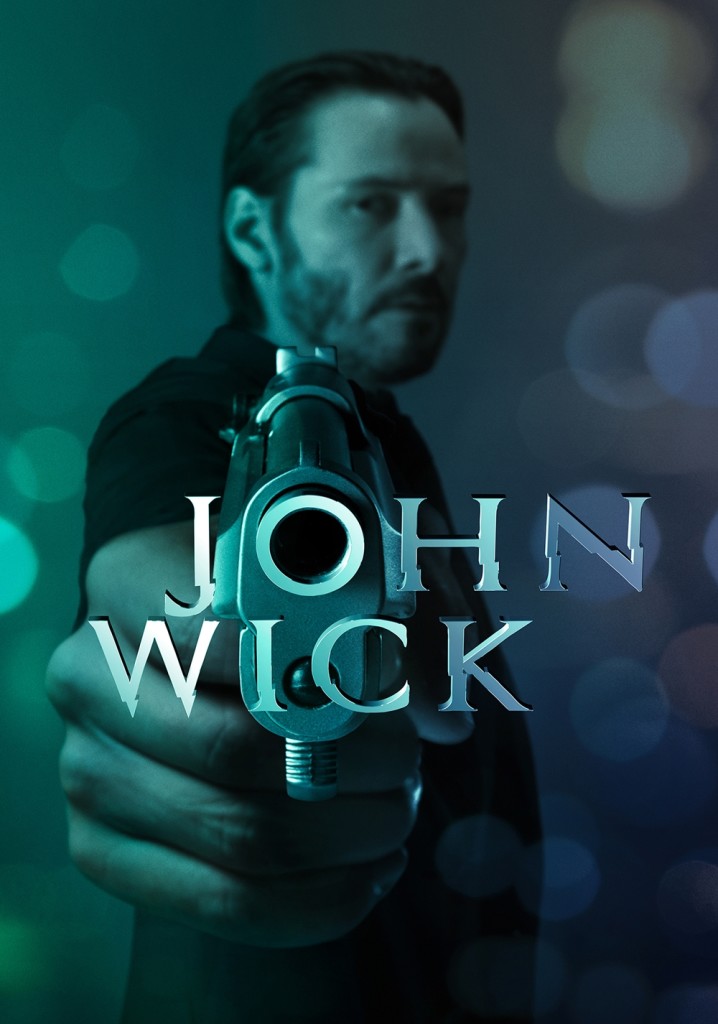A long time ago, in a galaxy far far away, I was writing a screenplay. I’d come upon a particularly important scene where two brothers were reuniting for the first time in a decade. But I was having trouble starting the scene. Not long before this, I’d gotten feedback from a producer on a different script and one of his notes was that I needed to add more depth to my characters. Conversely, I’d also received coverage from a reader on a third script and he was telling me my dialogue scenes were too long.
The two pieces of advice seemed at odds with one another. How could I explore my characters on a deeper level if I had to move through their dialogue quicker? It was at this moment that I had a revelation – Different audiences want different things. Sure, everybody wants a good script. But what the reader’s looking for isn’t always what the producer’s looking for. And what the producer’s looking for isn’t always what the audience is looking for. Confusing, right? So today I want to talk about the six main audiences you’ll encounter in screenwriting and how to develop a strategy to satisfy all of them.
It should be obvious that I’m generalizing. Not ALL readers like the same stuff. Not all producers like the same stuff. This is based on what I’ve found to be true on a GENERAL LEVEL. So let’s get into it.
THE READER – Because the reader is the first line of defense, they read the most crap, and this gives them a negative predisposition to everything they read. They know they’ve been saddled with another 110 page piece of crap because the last 20 scripts they’ve read have been 110 pieces of crap. This makes the average reader extremely impatient, which is why the scripts that do well with readers are simple and easy to follow. Limited locations, limited characters, clear concept.
Kinds of scripts they like: The Shallows, The Hitman’s Bodyguard, Get Out, The Equalizer
Kinds of scripts they dislike: Lord of the Rings clones, any period piece that could potentially star Keira Knightly, anything with tons of characters
THE PRODUCER – Producers are often looking for scripts with more substance. They know that they’re going to have to get good actors to move the needle. To get good actors you’re going to need juicy characters. They also need to attract a good director to get any kind of funding, and good directors favor weightier themes, complex concepts, unexpected plots, and fresh ideas. Generally speaking, producers don’t go for simplistic guy-with-a-gun setups. They understand that every project is a 3-10 year journey from page to screen. If they’re going to invest that much time in something, it’s going to need some substance.
Kinds of scripts they like: The Imitation Game, Logan, Hidden Figures, Dallas Buyers Club
Kinds of scripts they dislike: London Has Fallen, Dirty Grandpa, Fifty Shades of Grey, Happy Gilmore
THE AGENT – A lot of people are confused by what agents are looking for. I’ll make it easy for you. Agents are looking for writers who can make them money for the next 25 years. That’s it guys. Agents make a tiny percentage of a writer’s earnings so all they care about is, “Is this guy talented enough to consistently get hired?” To that end, they are looking for talented people. This is most readily identified by a UNIQUE VOICE. If you have your own voice as a writer, you’re going to stand out from the pack, which is going to get you hired more than the average writer.
Kinds of scripts they like: Pulp Fiction, The Social Network, True Detective, 500 Days of Summer
Kinds of scripts they dislike: John Wick before it was John Wick, Lucy, Ouija
THE STUDIO – The studio is about one thing and one thing only: Maximizing profit. They want anything that makes money. I mean this is the business that gave us The Emoji Movie and Boss Baby, so you know it has no soul. To that end, understanding the kinds of movies they like is fairly easy. They want something that will require the least amount of investment that will provide the biggest amount of return. And more recently, that formula has shifted. With audiences mostly showing up for spectacle these days, the investment must now be giant and the return enormous.
Kinds of scripts they like: The Fast and the Furious, Lord of the Rings, Wonder Woman, Inception, The Hunger Games
Kinds of scripts they dislike: La La Land, Joy, Sicario, Dallas Buyers Club
THE INDUSTRY – An often overlooked audience is the industry itself. These are your peers, development execs, agents, studio execs, Scriptshadow, contests, and anyone who reads scripts. This is an interesting sub-sector because these people don’t have to put their money where their mouth is. If they like a script, they just have to say that they like it. And for this reason, this audience celebrates quirkier less commercial fare that would otherwise go overlooked. These are essentially the scripts that end up on the Black List at the end of the year.
Kinds of scripts they like: The Beaver, Sicario, The DUFF, The Revenant, Eternal Sunshine
Kinds of scripts they dislike: San Andreas, Taken, The Hunger Games
THE PAYING AUDIENCE – Ah, we finally get to the sector of people that all of this is meant for. The audience! So why does it seem like they’re the least important?? Because, in a way, they are. Look at how many levels the script has to get through to get to this place. That’s without mentioning the more specialized audience-sectors I didn’t get into (actors, directors, financiers). Another irony is that the paying audience is the least discerning of all these groups! They just want to go to the theater or turn on their Netflix and be entertained for two hours. For this reason, mainstream audiences tend to like stuff that other audiences would characterize as “low-brow” or “simplistic.”
Kinds of scripts they like: Guardians of the Galaxy, John Wick, The Lego Movie, Ride Along, Transformers
Kinds of scripts they dislike: The Beaver, Boyhood, Wild, Inherent Vice
Whoa, you’re telling us we have to write to all of these people, Carson? How in the world are we supposed to do that?? Well, the good news is you don’t. In fact, I’m going to give you the three best strategies to break in as a writer, and who you should be writing for in each. I’m going to assume that you’re an amateur writer with little to no connections in the industry. And I’m going to exclude trends. This advice will work today, and it should work in ten years. I should point out that, yes, the best strategy may feel like a cop-out. But I stand by it 100%. It is, without a doubt, the EASIEST way to break in as a writer. Okay, here we go…
Strategy #3 – The Spec Sale Route
The spec sale route is still a viable way to break in. It’s just that the rules have changed. It used to be that studios would buy these gigantically-budgeted spec scripts, even though barely any of them got made. Nowadays, they’re smarter than that. They only buy scripts they think they can turn into movies. That means low-budget high-concept easy-to-market genre material. The Shallows, Get Out, Cloverfield Lane are pristine examples of the types of scripts you should be writing. This means you will be writing for THE READER. These scripts are easy to read and therefore will be celebrated by the reader, who will kick them up to their bosses who will overlook the lack of depth because they don’t need major actors or seasoned directors to get these projects off the ground. They’re some of the easiest movies to get through the system which is why it’s such a smart idea to write one.
Strategy #2 – The Industry Buzz Route
The Industry Buzz Route means writing a script that’s, in many ways, the opposite of a spec sale script. You want to write something that takes risks, that shows your unique voice as a writer, that shows your ability to explore complex themes and complex characters. If the Spec Sale route is to show you can entertain, the Industry Buzz Route is to show you can write. This means you’ll be writing to THE INDUSTRY and that your ultimate goal is to get on The Black List. The nice thing about this route is that you don’t have to worry as much about your script’s commercial prospects because, if you make The Black List, the machine starts putting the project together for you (agents will start sending the script to directors and actors and people will sign on simply because they trust the other people who are signing on – you’d be amazed by how this happens). If you have the next Truman Show, the next Passengers, the next Juno, the next Being John Malkovich, and yes, the next Beaver, this route is for you.
Strategy #1 – The Make The Movie Yourself Route
There’s a reason this is, and will always be, the fastest way to break in as a writer. What’s the one commonality you see throughout this article? All the people you have to win over with your script, right? It’s one of the shittiest things about this town, is that you can find someone who literally LOVES your script, but when they kick it up to the person above them, that person hates it. And that line of opportunity is now dead. Well what if I told you you didn’t have to win anybody over with your script? Sound like a dream scenario? That’s what directing your own scripts allows you to do. Sure, that means new types of challenges (raising money and learning the skill of filmmaking). But if you really want to break into this business, the option that doesn’t rely on a long ladder of people saying yes is this one. And to those of you saying, “But I don’t know anyone that would help me make a movie.” Uhhhh, you know the people here on this site, the people who comment every day. If they’re in your area, that’s a start. And all you need is a few people to get something started.

